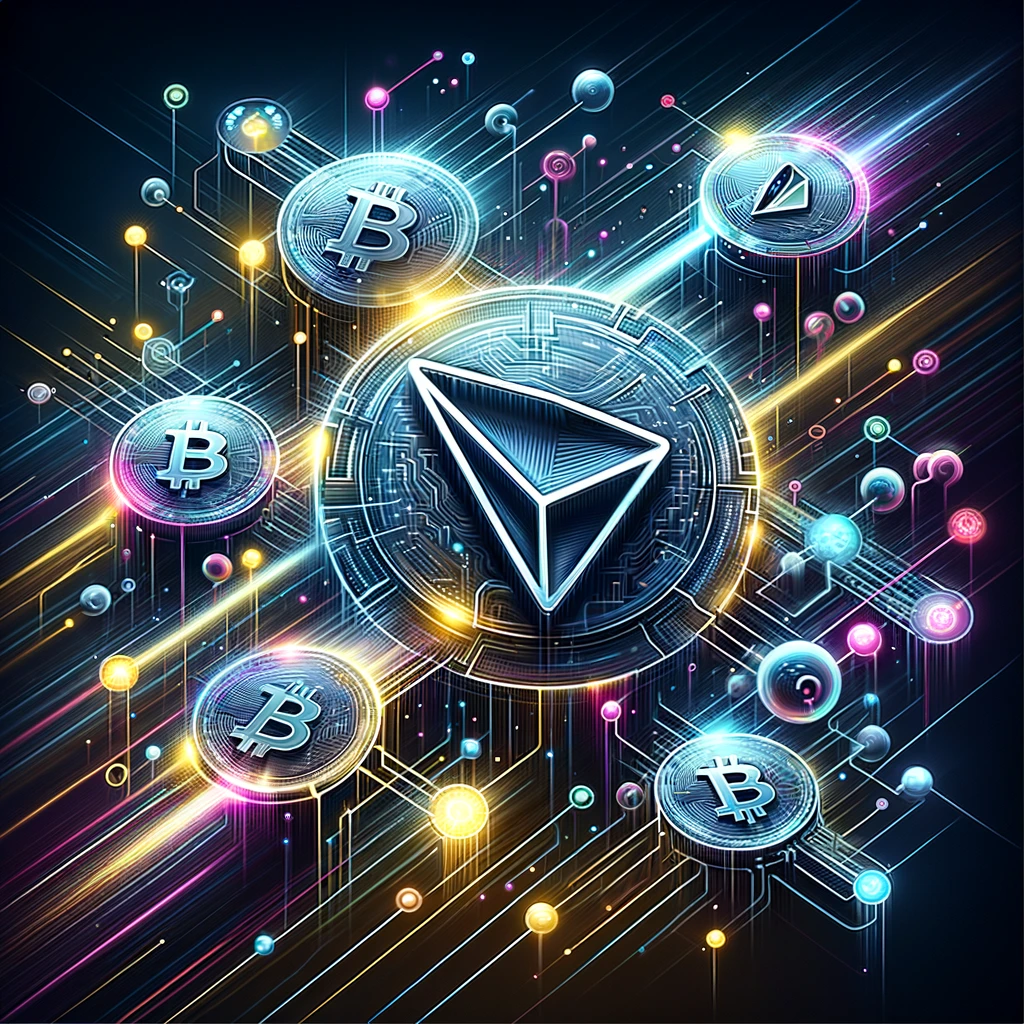In an innovative leap towards enhancing the Bitcoin ecosystem’s scalability, speed, and security, Justin Sun, the pioneering founder of TRON, has introduced an ambitious Bitcoin Layer 2 roadmap. The strategic plan not only aims to boost the efficiency of transactions within the Bitcoin network but also seeks to foster a seamless integration between TRON’s robust digital asset environment and the Bitcoin blockchain.
With this initiative, Sun envisions a future where interoperability and utility of blockchain technologies reach unprecedented levels, thereby redefining the standards for the industry’s evolution.
Enhancing blockchain interoperability
The unveiling of TRON’s Bitcoin Layer 2 roadmap marks a significant milestone in the quest for blockchain interoperability. The roadmap, disclosed on Thursday, Feb. 15, outlines a three-stage strategy aimed at integrating the company’s diverse asset portfolio, including its stablecoin market valued at $55 billion, with the Bitcoin network. The integration is expected to inject a new lease of financial vitality into Bitcoin, leveraging the company’s existing market strength and user base.
The initial phase of the roadmap focuses on employing cross-chain technology to facilitate direct interactions between various TRON network tokens and the Bitcoin blockchain. The includes major stablecoins such as USDT and USDC, alongside other prominent TRON tokens like TRX, SUN, JST, BTT, WIN, and NFT. The integration paves the way for a seamless transactional experience across both ecosystems, enhancing the utility and accessibility of blockchain assets.
Tron’s strategic collaborations and growth
Moving into the second stage, the company plans to forge strategic partnerships with existing Bitcoin Layer 2 protocols. These collaborations are designed to mutually benefit both ecosystems by introducing TRON’s vast array of digital assets into the Bitcoin Layer 2 landscape. Justin Sun emphasizes that such partnerships will not only bolster the growth of the Bitcoin Layer 2 ecosystem but will also open up new avenues for TRON users to participate in restaking programs across these networks. The phase signifies a crucial step towards creating a more interconnected and resourceful blockchain ecosystem.
The roadmap culminates in developing a comprehensive Bitcoin Layer 2 solution that integrates TRON, BTTC, and BTC, aiming to offer a synergy of speed, low transaction costs, and security. The solution is expected to combine the benefits of Proof-of-Stake (PoS) systems—known for their low fees and fast transaction times—with the robust security features of Proof-of-Work (PoW) and unspent transaction output (UXTO) models. Such an integration is poised to significantly enhance the scalability and security of the Bitcoin network, addressing some of the longstanding challenges faced by the blockchain community.
Furthermore, the TRON DAO has initiated efforts towards embracing Ordinals and developing Bitcoin Layer 2 solutions through the investment in wallet and tool development compatible with BRC-20 tokens. The resurgence of Ordinals, introducing DeFi and NFTs to Bitcoin, has been met with mixed reactions. While Ordinals have increased activity on the Bitcoin network, leading to higher transaction fees and network congestion, they have also faced criticism. Some Bitcoin community members have labeled Ordinal inscriptions as problematic, citing the increased costs and delays in transactions. Nevertheless, TRON’s roadmap includes addressing these challenges by enhancing the efficiency and scalability of Bitcoin transactions.
Conclusion
Justin Sun’s unveiling of the Bitcoin Layer 2 roadmap under TRON’s banner is a bold stride towards bridging the gap between two of the most influential blockchain networks. By fostering interoperability, enhancing scalability, and ensuring a high level of security, the company aims to set a new benchmark for the blockchain industry. As the initiative progresses, the anticipated integration of TRON and Bitcoin could redefine the dynamics of digital asset transactions, making them more efficient, accessible, and secure for users worldwide. This visionary approach not only highlights TRON’s commitment to advancing blockchain technology but also underscores the potential for collaborative innovation in the digital economy.





